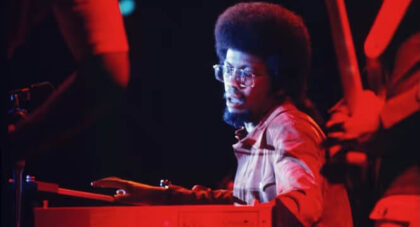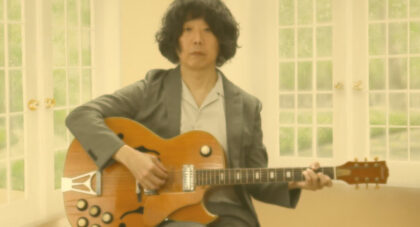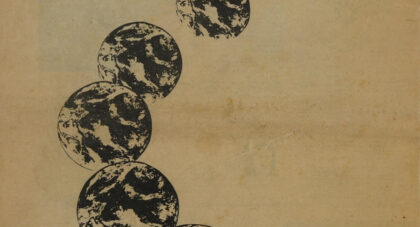M. Ward’s sprawling and reflective tenth studio album, Migration Stories, bears its influence with mid-19th century migration folklore and Pax Americana folk, sung to the rustic hum of heavy guitar strings and vintage Americana. We caught up with Ward amidst our own cross-coastal quarantines to talk Migration Stories, bloodlines, the magic of first-takes, recurring earthquake dreams, and the insanity of modern times . . .
Only the good shit. Aquarium Drunkard is powered by its patrons. Keep the servers humming and help us continue doing it by pledging your support.
To continue reading, become a member or log in.


